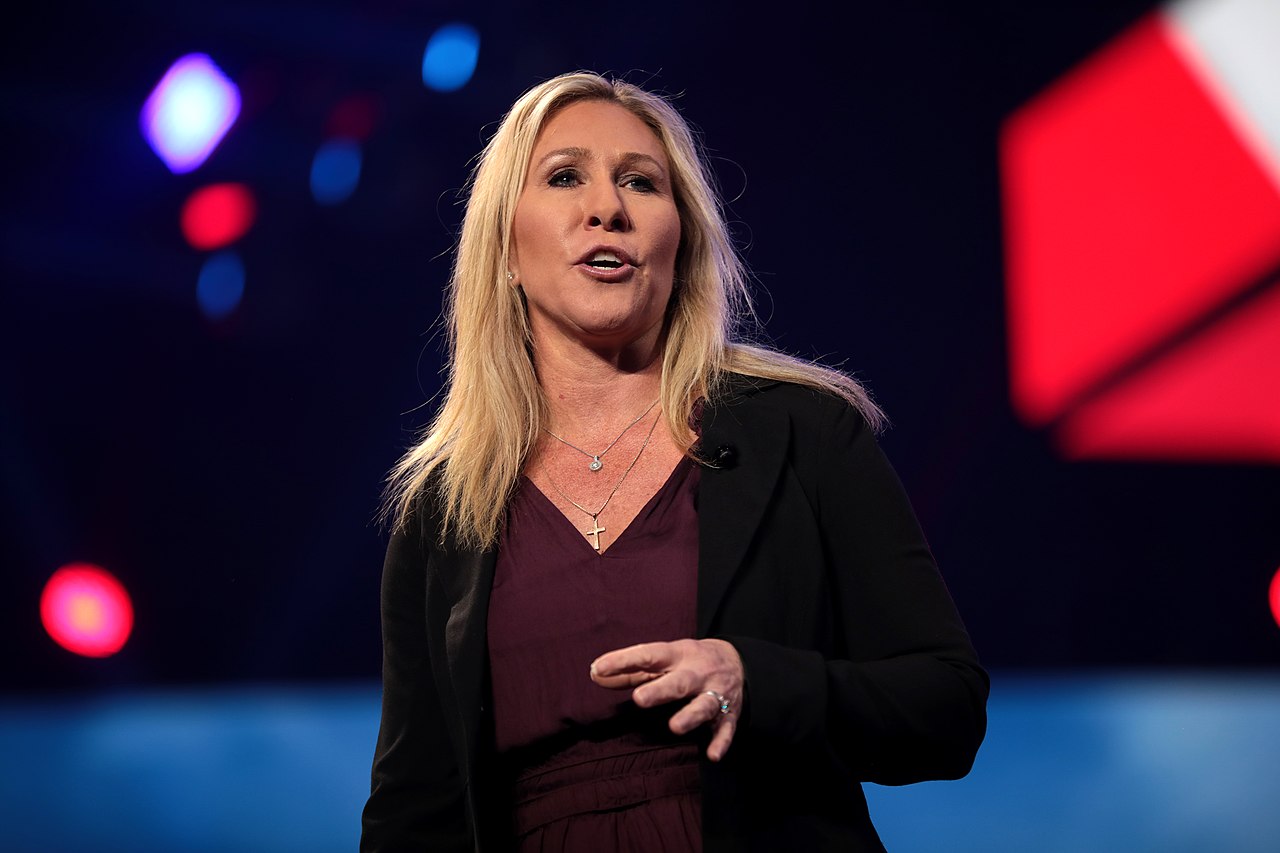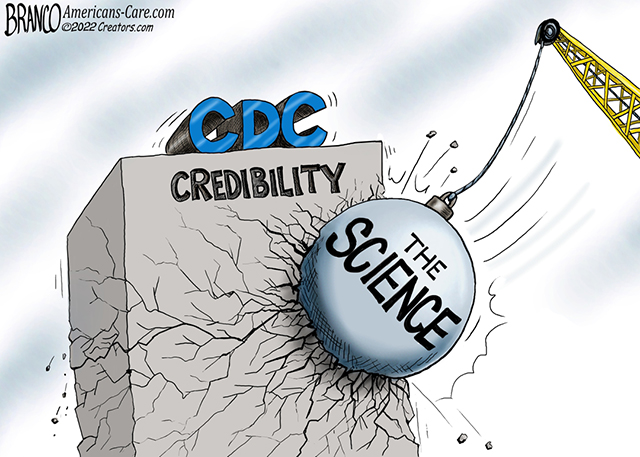Lawmakers, civil society organizations oppose U.K.’s pressure on India to tighten IP laws, which could drive medicine prices up
11/13/2023 / By Belle Carter

United Kingdom lawmakers, academics and civil society organizations and individuals have written to Prime Minister Rishi Sunak to say that his administration’s drive for tougher intellectual property (IP) laws under a potential free trade agreement with India could result in soaring medicine costs in Britain and globally. In the letter, the group that includes Doctors Without Borders/Medecins Sans Frontieres (MSF), called for the IP demands to be scrapped, as they would threaten imports of cheap, life-saving drugs.
“Amidst reports that the negotiations are in the final stages, we are writing to you to express our deep concern regarding the U.K.-India Free Trade Agreement (FTA) and its potential impact on access to affordable, lifesaving generic medicines from India. We call on you to urgently and publicly commit that there will be no clauses proposed by the U.K. that will require India to amend its intellectual property (IP) laws as a result of the FTA,” the correspondence dated October 31 included.
It also pointed out that a leaked text of the U.K.-India FTA revealed that the U.K. was proposing provisions in the IP chapter that would impede these crucial mechanisms by requiring amendments to India’s IP laws. As negotiations continue, it has emerged that the Indian Government is indeed considering amending its patent rules. “Despite FTAs being long-standing and largely irreversible commitments, there are unprecedented levels of secrecy from both the U.K. Parliament and the public on what is being negotiated. As such, it is not clear how the U.K.’s specific proposals to gut India’s public health safeguards have appeared in the broad-ranging agreement. However, it is clear that the IP chapter is a contentious section of the agreement and appears to be one of the last remaining issues still under negotiation,” the letter further cited.
The group also pushed for full transparency and public and parliamentary scrutiny on negotiations are urgently needed to ensure that public health concerns are not circumvented in favor of private profits. “Several of the undersigned met with the Minister of State for International Trade back in May this year to raise our concerns; they were repeatedly told no information could be shared about the U.K. position as negotiations were ongoing, and subsequent requests for meetings have gone ignored. And yet, a recent Freedom of Information (FOI) request submitted by MSF to the Department of Business and Trade showed that the U.K. is regularly and consistently meeting with members of the multinational pharmaceutical industry to consult them on the FTA negotiations,” they stated, adding that there were also reports that the life sciences and biotech industry demanded “changes” to the IP chapter, suggesting they are heavily influencing the text itself.
The letter has more than 50 signatories, including members of Parliament such as Labor’s Richard Burgon and Kim Johnson, charities including Oxfam and MSF, and academics at institutions from the University College of London Institute for Global Health to the University of Strathclyde.
Meanwhile, Bloomberg recently cited “leaked documents from negotiations” showing that the U.K. government is demanding that India tighten its IP laws to provide longer medicine patent protection than global manufacturers currently receive in India, delaying the time that local companies can start making generic drugs (medicines containing the same components as a drug originally protected by a patent). The change would benefit large pharmaceutical manufacturers such as AstraZeneca, GlaxoSmithKline and Sanofi, “which expect higher demand for their more expensive products.” (Related: Big Pharma FASCISM is rising.)
Global Justice Now, formerly known as the World Development Movement, is challenging the U.K. government on its lack of “transparency,” urging it to make public details related to negotiations and its mandate in the talks. The Financial Times earlier reported that the trade talks have hit a hurdle, as London was seeking “better terms” in goods and services. “A lack of progress in opening up Indian markets to British professional services, including law and accountancy firms,” a person familiar with the matter told the news outlet.
The deal has been in the works since 2021.
Sunak’s administration denies that stringent IP rules could send medicine costs soaring
Forcing India to impose more stringent IP-protection rules would mean the National Health Services and other healthcare systems would have to buy more expensive products for longer, Bloomberg‘s Lucy White wrote.
When pressed on their IP demands, U.K. officials “repeat the mantra that ‘Nothing we do is going to damage the NHS,'” said Nick Dearden, director of Global Justice Now, which is a signatory to the letter. “But they clearly don’t understand how the generic industry works. The reason we’re buying these drugs from India is precisely because it has looser rules on intellectual property, and therefore can be in a position to have drugs up and ready and running by the time the patent expires in the United Kingdom.”
Meanwhile, a spokesperson from Sunak’s administration said officials would “never agree with provisions that would increase the cost of medicines for our NHS.” “The NHS, its services and the cost of medicines are not and have never been on the table for any trade deal,” the spokesperson said in an emailed statement. “The U.K.’s approach to IP is to strike a balance between encouraging innovation and ensuring access to affordable medicines – this has not changed.”
Visit BigPharmaNews.com to read more news related to this.
Sources for this article include:
Submit a correction >>
Tagged Under:
Big Pharma, conspiracy, corruption, deception, free-trade agreement, FTA, generic medicines, intellectual property, IP laws, medicine costs, money supply, NHS, pharma fraud, Prescription drugs, Rishi Sunak, Royal Courts of Justice, Sanofi, supply chain, suppressed, trade negotiations, transparency
This article may contain statements that reflect the opinion of the author
RECENT NEWS & ARTICLES
PharmaceuticalFraud.com is a fact-based public education website published by Pharmaceutical Fraud Features, LLC.
All content copyright © 2018 by Pharmaceutical Fraud Features, LLC.
Contact Us with Tips or Corrections
All trademarks, registered trademarks and servicemarks mentioned on this site are the property of their respective owners.





















